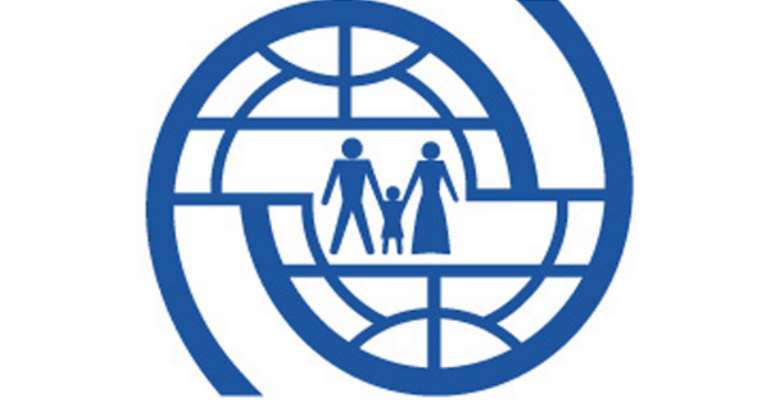Tanzania Acts to Protect Trafficked Children

GENEVA, Switzerland, July 22, 2014/African Press Organization (APO)/ -- To facilitate an effective response to protecting, assisting and referring victims of trafficking, especially children, IOM Tanzania, in collaboration with Tanzania's Anti-Trafficking Secretariat, is this week convening a stakeholders meeting to develop Standard Operating Procedures (SOPs).
The three-day event, which began yesterday, is taking place today at the Stella Maris Hotel in Bagamoyo and attendees include Secretary of the Anti-Trafficking Committee from the Ministry of Home Affairs Seperatus Fella.
The fight against human trafficking is one of the core activities of IOM in Tanzania, which is a source, transit and destination country for human trafficking. Victims include young girls exploited in domestic servitude, women trafficked for the sex industry and the forced recruitment of boys, primarily as labourers on farms.
Recently, IOM in collaboration with the government, helped a trafficking victim to return home from Macau, China. Like others, she had been lured there with false promises of a good life, but ended up a victim of abuse and exploitation.
As part of the project: “Supporting the establishment of protection, assistance and referral mechanisms for child victims of trafficking in Tanzania,” funded by the European Union and the UN Development Assistance Plan (UNDAP 2011-2015), IOM works in close collaboration with the Anti-Trafficking Secretariat and other stakeholders, including the police, public prosecutors, magistrates, social welfare officers, medical practitioners and NGOs.
The SOPs will outline the roles and responsibilities of all the parties involved, as well as provide guidelines for case management and information sharing.
Although human trafficking remains a challenge for the country, Tanzania has made positive steps towards tackling the crime. Since the adoption of the Anti-Trafficking in Persons Act in 2008, the government has drawn up a National Anti-Trafficking Action Plan and is in the final stages of developing the regulations for the implementation of the Act.
IOM's work on combating trafficking in persons in Tanzania is carried out in close collaboration with the government and UN partner agencies, under the auspices of the UNDAP 2011-2015, and the European Union.
